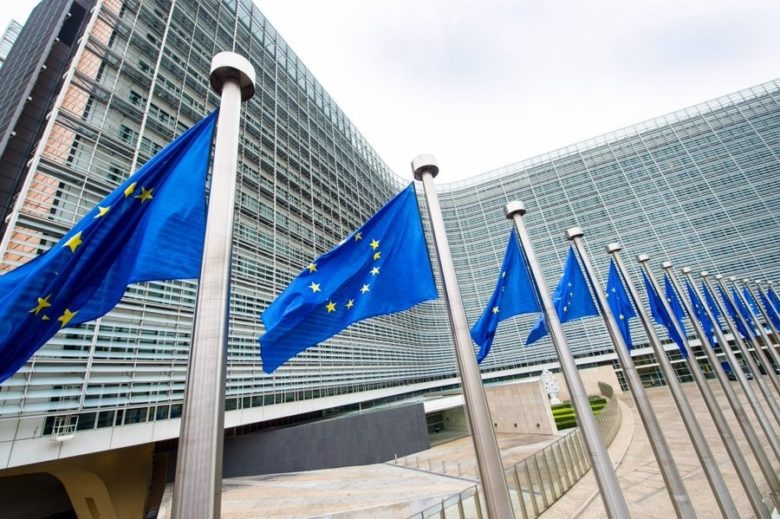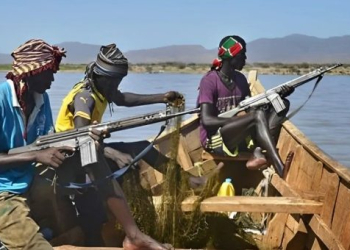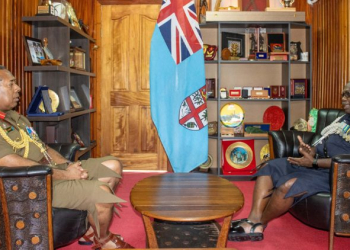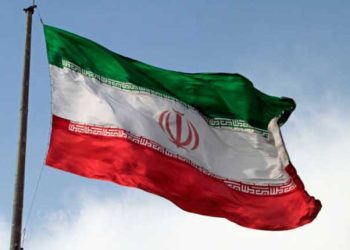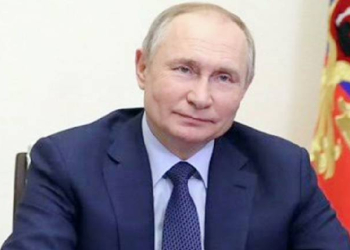Brussels: The Finance Ministers of European Union (EU) member states have agreed on a “general approach” to a new tax that is designed to prevent carbon leakage, the Council of the EU said in a statement.
The Carbon Border Adjustment Mechanism (CBAM) regulation is one of the key elements of the EU’s “Fit for 55” package.
This new measure also aims to encourage partner countries to establish carbon pricing policies to fight climate change, Xinhua news agency reported.
The European Commission presented its CBAM proposal in July 2021.
“CBAM targets the imports of carbon-intensive products … to prevent offsetting the EU’s greenhouse gas emissions reduction efforts through imports of products manufactured in non-EU countries, where climate change policies are less ambitious than in the EU,” the statement, released on Tuesday, said.
“It will also help prevent the relocation of the production or the import of carbon-intensive products,” it said.
The products covered by CBAM include cement, aluminum, fertilisers, electric energy production, iron and steel.
France’s Minister for Economic Affairs, Finance and Recovery, Bruno Le Maire, said in a statement that this agreement, which was one of the priorities of the French Presidency of the Council of the EU, is “a victory for European climate policy.”
“It will give us a tool to speed up the decarbonisation of our industry, while protecting it from companies from countries with less ambitious climate goals,” he said.
“CBAM is designed to function in parallel with the EU’s Emissions Trading System to mirror and complement its functioning on imported goods. It will gradually replace the existing EU mechanisms to address the risk of carbon leakage,” the Council statement said.
“The Council foresees a minimum threshold that exempts from the CBAM obligations consignments with a value of less than 150 euros ($164). This measure would reduce administrative complexity, as around one-third of consignments to the Union would fall under that category.”
Valdis Dombrovskis, the European Commission’s executive vice president and commissioner for trade, told journalists on Tuesday that several issues still require agreement, such as the revision of the Emissions Trading Scheme (ETS) and new own resources.
(IANS)



